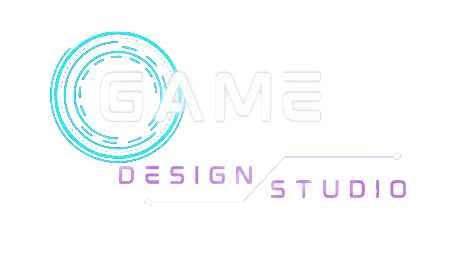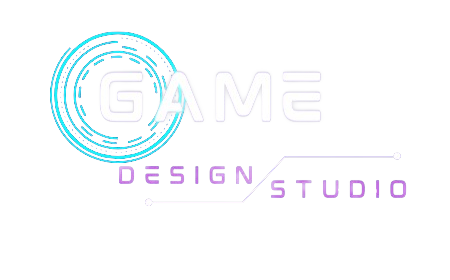
Artificial Intelligence (AI) has emerged as a game-changer in the world of game design, transforming how games are created, played, and experienced. In this blog, we delve into the multifaceted role of AI in shaping the future of gaming.
1. Procedural Generation: Unlocking Infinite Possibilities AI algorithms have empowered game designers to generate vast and dynamic game worlds, levels, and content procedurally. This not only enhances replayability but also allows for scalability and diversity in game environments.
2. Smart NPCs: Bringing Game Worlds to Life The introduction of AI-driven Non-Player Characters (NPCs) has revolutionized gameplay interactions. Smart NPCs can exhibit lifelike behaviors, adapt to player actions, and provide dynamic challenges, elevating overall game immersion and realism.
3. Adaptive Difficulty: Tailoring Challenges to Players One of AI’s notable contributions is its ability to dynamically adjust game difficulty based on player skill levels and behavior. This ensures that games remain engaging and challenging for all players, from novices to seasoned veterans.
4. Personalized Experiences: The Power of Player Behavior Analysis AI systems can analyze player behavior, preferences, and patterns to personalize gameplay experiences. From recommending content to optimizing game mechanics, AI enhances player engagement by delivering tailored experiences.
Challenges and Considerations While AI opens up new possibilities in game design, it also presents challenges. Balancing AI behaviors to avoid predictability, optimizing performance to maintain smooth gameplay, and addressing ethical considerations such as bias and privacy are critical aspects of AI integration in games.
Future Trends: AI-Powered Innovations Looking ahead, AI is poised to drive further innovations in game design. From AI-generated content and quests to machine learning integration for adaptive gameplay, the future of gaming promises exciting developments fueled by AI technologies.
In conclusion, AI is not just a tool for game designers but a catalyst for innovation, creativity, and immersive gaming experiences. Embracing AI in game design opens up a world of possibilities, shaping the next generation of interactive entertainment.









